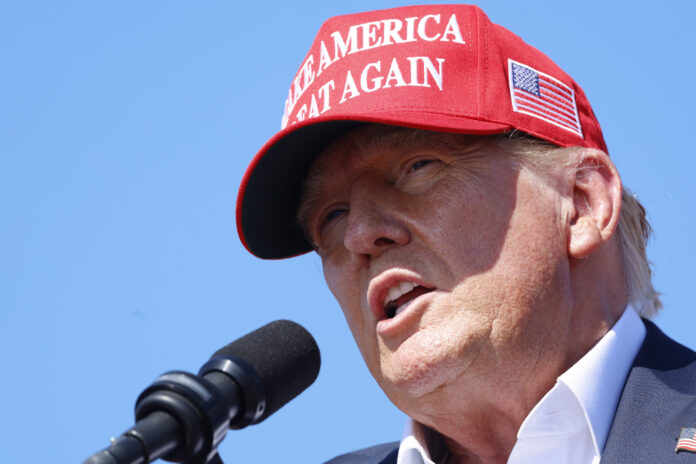Key Falsehoods or Claims:
– The article discusses how Laura Loomer, a hard-right conspiracy theorist, has gained influence on Donald Trump by spreading false claims and conspiracy theories, such as the debunked “birther” theory about President Obama and the unfounded claim that the Parkland shooting survivors were crisis actors.
Source Bias:
– The article is from MSN, which is generally considered a neutral outlet. However, it’s important to note that the topic itself is highly politicized, and readers should be mindful of potential biases in the reporting.
Analysis of Impact on Public Opinion and Democracy:
– These falsehoods have the potential to shape public opinion by spreading misinformation and sowing seeds of doubt in the minds of the public. This can lead to the erosion of trust in democratic institutions and create a polarized and misinformed electorate. The article poses a threat to our democracy by exposing how falsehoods and conspiracy theories can infiltrate political discourse and influence decision-making at the highest levels of government.
Hypothetical Public Reactions or Political Outcomes:
– If these falsehoods gain traction, they could potentially affect voter behavior by swaying opinions based on misinformation. This could lead to the election or support of candidates who align with these conspiracy theories, further perpetuating the cycle of misinformation and polarization.
Further Reading Recommendations:
– For further reading on the topic of media influence and misinformation studies, reputable sources such as the Pew Research Center, Harvard’s Shorenstein Center on Media, Politics and Public Policy, and the RAND Corporation’s research on Truth Decay can provide valuable insights.
By maintaining a neutral tone and separating facts from opinion, this analysis provides a structured and accessible summary of the impact of falsehoods and conspiracy theories on public opinion and democracy.
Source link
Redirect URL
